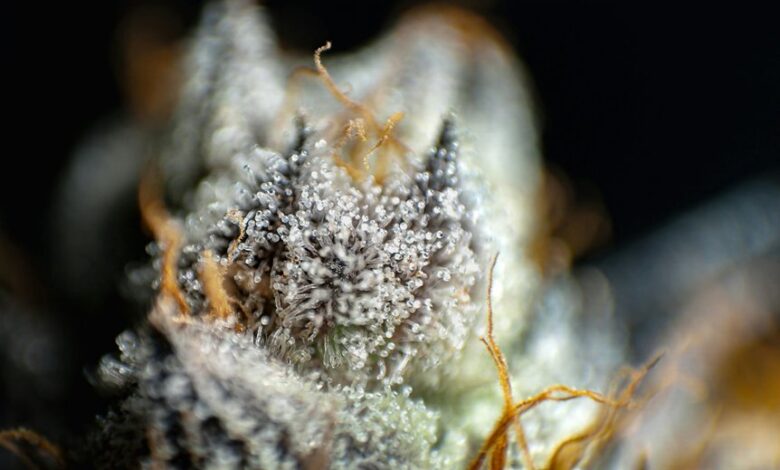What Is Thc and Cbd

THC and CBD are two key cannabinoids found in cannabis. THC is known for its psychoactive properties, which produce the "high" associated with marijuana. In contrast, CBD is non-psychoactive and is recognized for its therapeutic qualities. Both compounds have sparked interest for their potential health benefits. Understanding their differences and applications can provide insight into their roles in modern wellness practices. What implications do these compounds have for health and society?
Understanding THC: The Psychoactive Component
Tetrahydrocannabinol (THC) is the primary psychoactive compound found in cannabis, responsible for the euphoric effects commonly associated with marijuana use.
Its effects can include altered perception, increased appetite, and relaxation.
THC legality varies by region, with some areas fully legalizing it for recreational use, while others impose strict regulations or outright prohibition.
Understanding these dynamics is crucial for informed cannabis consumption.
Exploring CBD: The Non-Psychoactive Cannabinoid
What makes cannabidiol (CBD) distinct from its more famous counterpart, THC?
CBD extraction methods yield a non-psychoactive compound, allowing users to experience potential therapeutic benefits without intoxication.
As CBD legality expands, research continues to explore optimal CBD dosage for various conditions.
This growing body of evidence offers hope for individuals seeking natural alternatives, emphasizing CBD's unique role in the cannabinoid landscape.
Key Differences Between THC and CBD
Cannabis contains a variety of cannabinoids, with THC and CBD being the most prominent.
The key differences lie in their chemical structure; THC has a psychoactive effect, while CBD does not.
Additionally, their legal status varies significantly; THC is often restricted or illegal in many regions, whereas CBD enjoys broader acceptance due to its non-intoxicating nature, reflecting evolving societal attitudes toward cannabis.
Potential Benefits and Uses of THC and CBD
How might individuals benefit from the unique properties of THC and CBD?
Both compounds offer a range of therapeutic applications, including pain relief, anxiety reduction, and anti-inflammatory effects.
Consideration of appropriate dosage is crucial, as individual responses may vary.
Understanding these benefits empowers individuals to explore natural alternatives for health and wellness, contributing to personal freedom in managing their well-being.
Conclusion
In the realm of cannabinoids, THC and CBD emerge as distinct yet complementary players. THC, with its euphoric embrace, offers relief for those seeking comfort in moments of distress, while CBD shines as a soothing balm, providing tranquility without alteration of consciousness. Together, they exemplify the evolving narrative of cannabis, bridging the gap between traditional use and modern therapeutic applications. As research unfolds, their roles in health and wellness continue to illuminate pathways for alternative healing.






